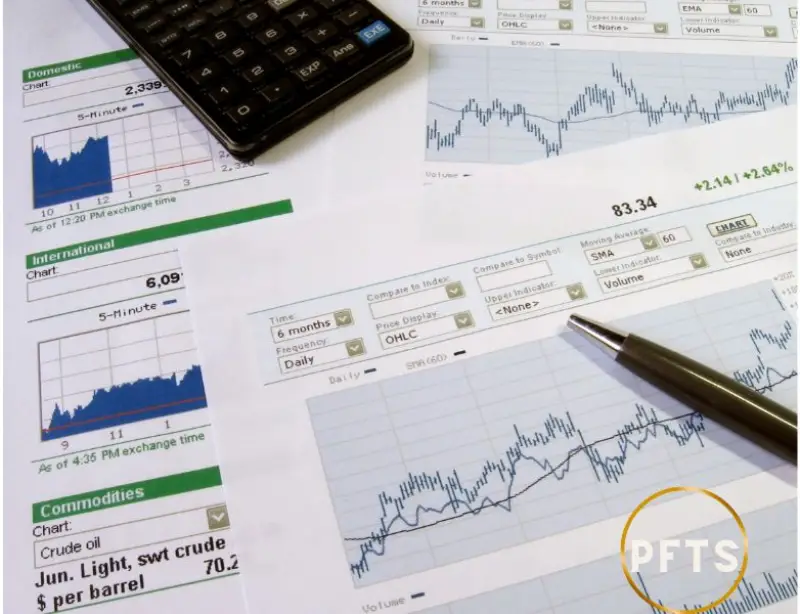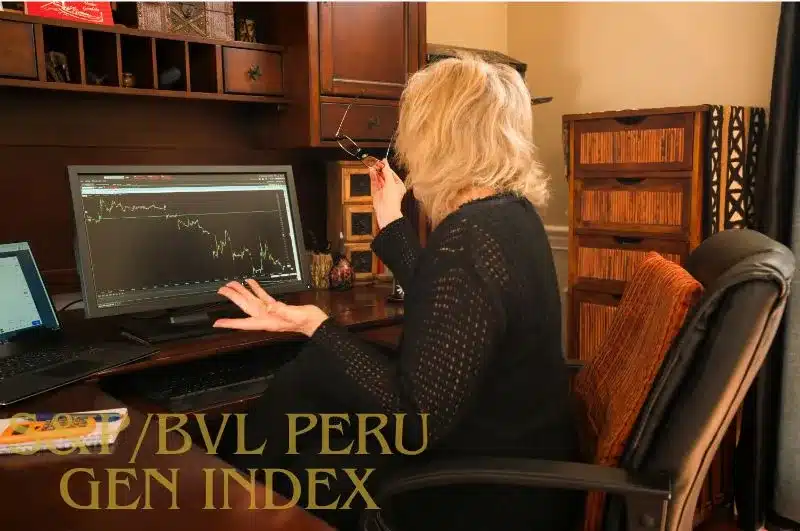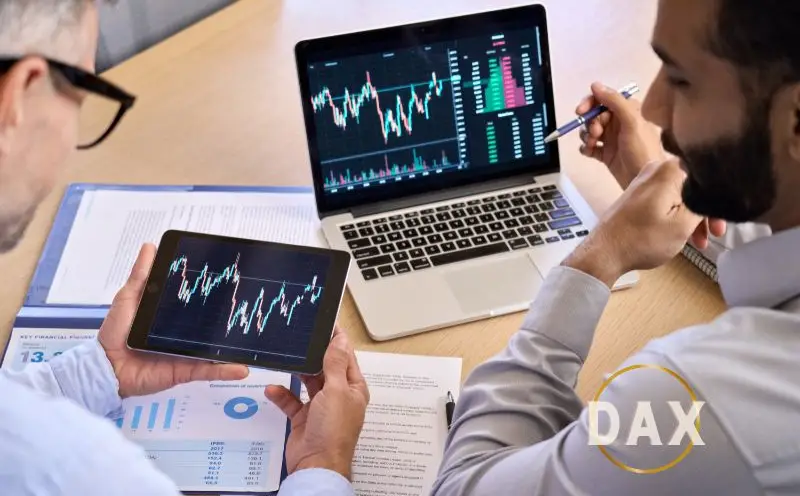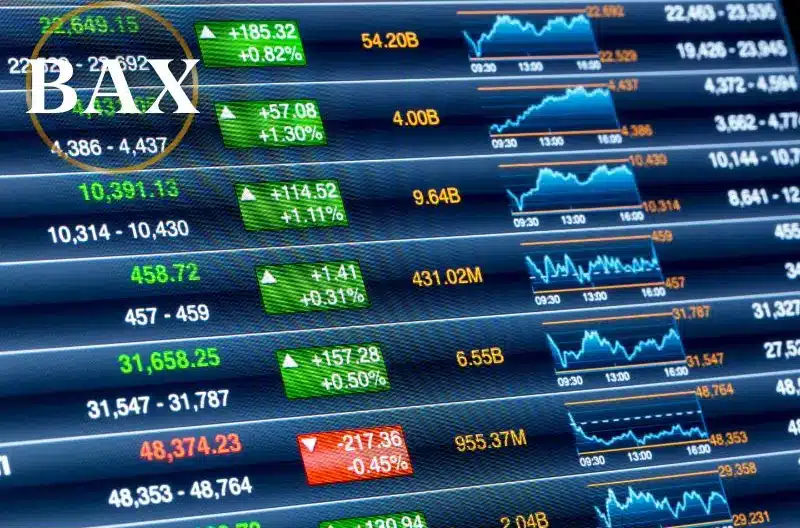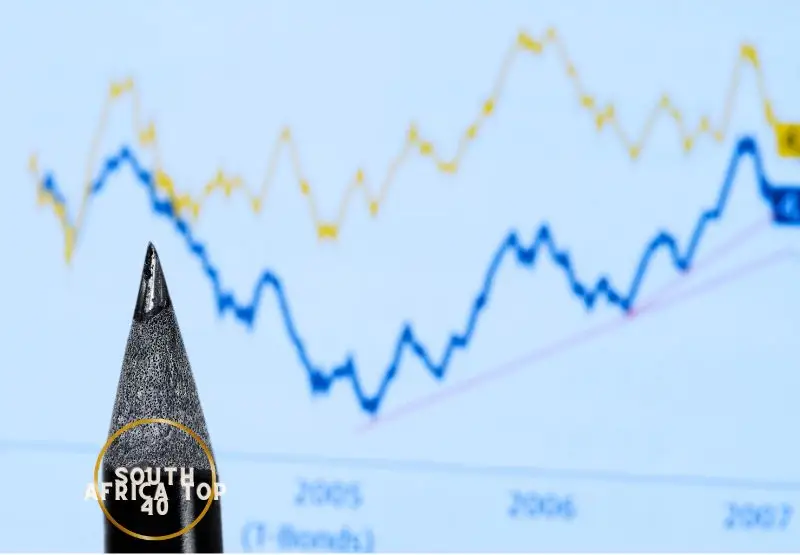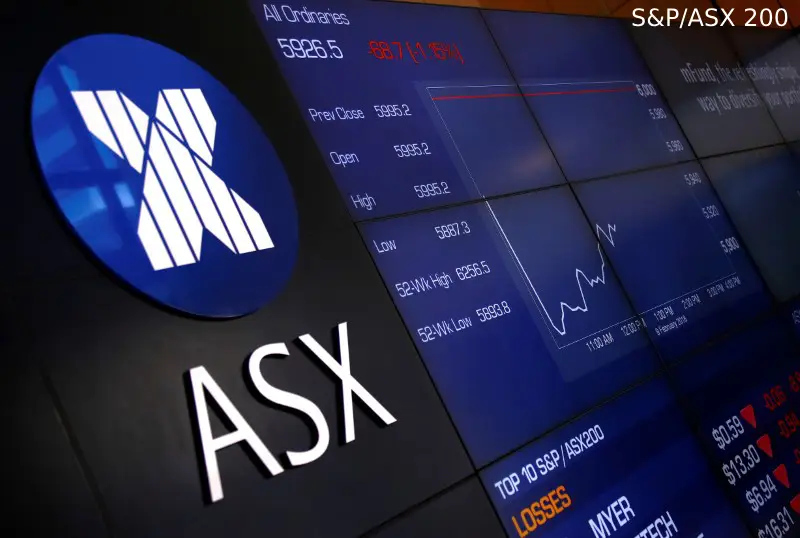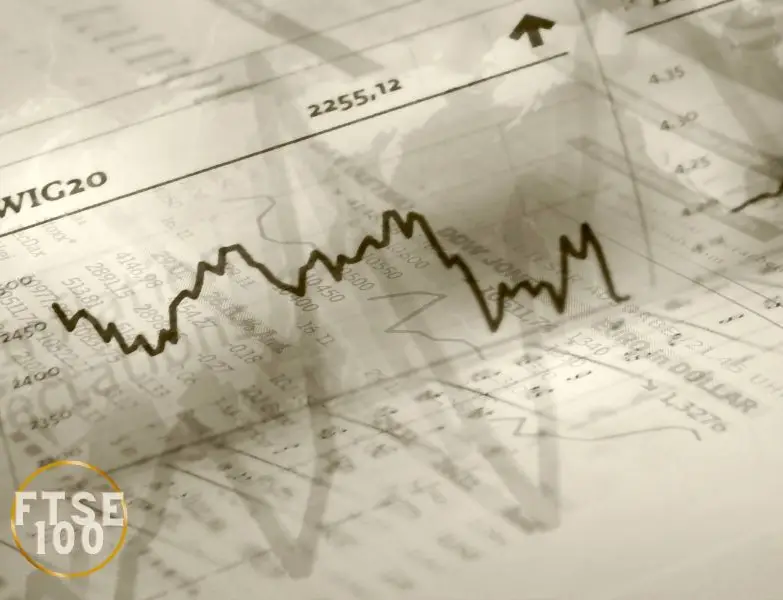Are you looking to invest in a dynamic and emerging market? Look no further than the stock market in Turkey. With its strategic location bridging Europe and Asia, Turkey’s stock market plays a crucial role in the global economy.
One of the key reasons why Turkey’s stock market is so important is its rapid economic growth and increasing foreign investment. As one of the largest economies in the region, Turkey offers numerous opportunities for investors looking to diversify their portfolios.
In Turkey, there are several stock indices that investors can track to gauge the performance of the market. Some of the most popular ones include BIST 100, BIST 30, and BIST All Shares. These indices represent different segments of the Turkish stock market and provide valuable insights for investors.
Whether you’re a seasoned investor or just starting out, keeping an eye on the stock market in Turkey can help you make informed decisions and capitalize on emerging opportunities. Don’t miss out on this exciting market with immense potential!
How Does the Stock Market Work in Turkey
The stock market in Turkey operates similarly to other global markets, where investors can buy and sell shares of publicly traded companies. The main stock exchange in Turkey is the Borsa Istanbul, which lists a wide range of companies from various sectors.
To invest in the stock market in Turkey, individuals can open a brokerage account with a local or international brokerage firm. They can then start buying and selling stocks listed on the Borsa Istanbul through their brokers. Investors can choose to invest in individual stocks or opt for mutual funds or exchange-traded funds (ETFs) that track the performance of the overall market or specific sectors.
Some major stocks that generate profit in Turkey include:
- Koç Holding (KCHOL): A diversified conglomerate with interests in automotive, energy, consumer durables, and finance.
- Akbank (AKBNK): One of the largest banks in Turkey offering retail and corporate banking services.
- Türk Telekom (TTKOM): A leading telecommunications company providing fixed-line and mobile services.
- Garanti BBVA (GARAN): Another prominent bank in Turkey offering banking and financial services to individuals and businesses.
- Vestel Elektronik (VESTL): A consumer electronics company known for its TVs, refrigerators, and other household appliances.
Investors should conduct thorough research on these companies and others before investing to understand their financial health, growth prospects, and industry trends. It is also essential to stay informed about economic and political developments that may impact the stock market in Turkey.
What is the benefits of buying stocks in Turkey
Investing in the Turkey stock market can offer several benefits for investors looking to diversify their portfolio and potentially earn strong returns. Some of the key advantages of buying stocks in the Turkey stock market include:
1. Growth potential: Turkey has a rapidly developing economy with a young and growing population, which can create opportunities for companies to expand and increase their profitability.
2. Undervalued stocks: Due to political instability and currency fluctuations, some stocks in the Turkey stock market may be undervalued, providing investors with an opportunity to buy quality companies at a lower price.
3. High dividend yields: Many Turkish companies offer attractive dividend yields, which can provide investors with a steady stream of income in addition to potential capital gains.
4. Diversification: Investing in the Turkey stock market can help diversify your portfolio geographically, reducing risk and potentially increasing overall returns.
When investing in the Turkey stock market, it is important to keep in mind several tips and takeaways:
1. Conduct thorough research: Before buying any stocks, make sure to research the company’s financials, management team, industry trends, and overall economic conditions in Turkey.
2. Monitor currency risk: The Turkish lira is known for its volatility, so it is important to consider how fluctuations in the currency may impact your investments.
3. Stay informed about political developments: Turkey has experienced political instability in recent years, which can have an impact on the stock market. Stay informed about any political developments that may affect your investments.
4. Consider working with a local broker: If you are not familiar with the Turkish stock market or regulations, consider working with a local broker who can provide valuable insights and guidance on investing in Turkey.
Overall, investing in the Turkey stock market can offer attractive opportunities for investors seeking growth potential and diversification. By conducting thorough research, monitoring risks, staying informed about political developments, and seeking guidance from local experts, investors can make informed decisions when buying stocks in Turkey.
The main stock indices in Turkey
The most important stock market indices in Turkey are the Borsa Istanbul 100 Index (BIST 100) and the Borsa Istanbul 30 Index (BIST 30). These indices track the performance of the top 100 and top 30 companies listed on the Borsa Istanbul stock exchange, respectively. They provide investors with a snapshot of the overall market sentiment and can be used as benchmarks for evaluating investment performance.
In Turkey, the stock market is regulated by the Capital Markets Board of Turkey (CMB). The CMB is an independent regulatory body that oversees the operations of the stock exchange, ensures fair trading practices, and protects investors from fraud and manipulation. It sets rules and regulations for listed companies, brokerage firms, and other market participants to maintain transparency and integrity in the stock market.
One key aspect of regulation in Turkey’s stock market is insider trading laws. The CMB prohibits insider trading, which involves buying or selling stocks based on non-public information that could impact their prices. This practice is considered illegal and unethical as it gives unfair advantage to individuals with privileged information.
Another important regulatory measure in Turkey’s stock market is disclosure requirements for listed companies. The CMB mandates that publicly traded companies must disclose financial reports, earnings forecasts, and any material information that could affect their stock prices to ensure transparency and provide investors with accurate information for making informed decisions.
Overall, regulation plays a crucial role in maintaining investor confidence and ensuring a fair and efficient stock market in Turkey. By adhering to regulatory standards set by the CMB, market participants can contribute to a healthy investment environment that benefits both individual investors and the overall economy.
Recap: The stock market in Turkey
The stock market in Turkey has shown resilience and growth over the years, despite facing various challenges. The Borsa Istanbul (BIST) is the main stock exchange in the country, where investors can trade a wide range of financial instruments.
One of the key factors driving the stock market in Turkey is the country’s strong economic performance and robust industrial sector. This has attracted both domestic and foreign investors, leading to increased liquidity and trading activity on the exchange.
However, like any other market, the Turkish stock market is not immune to external shocks and volatility. Political instability, currency fluctuations, and global economic uncertainties can have an impact on stock prices and investor sentiment.
Despite these challenges, many experts believe that Turkey’s growing middle class and young population present significant opportunities for long-term investment in the stock market. As the economy continues to develop, there is potential for further growth and expansion in various sectors.
In conclusion, while investing in the Turkish stock market may come with risks, it also offers potential rewards for those who are willing to do their research and stay informed about market trends. With proper risk management strategies in place, investors can take advantage of opportunities in this dynamic market.












































